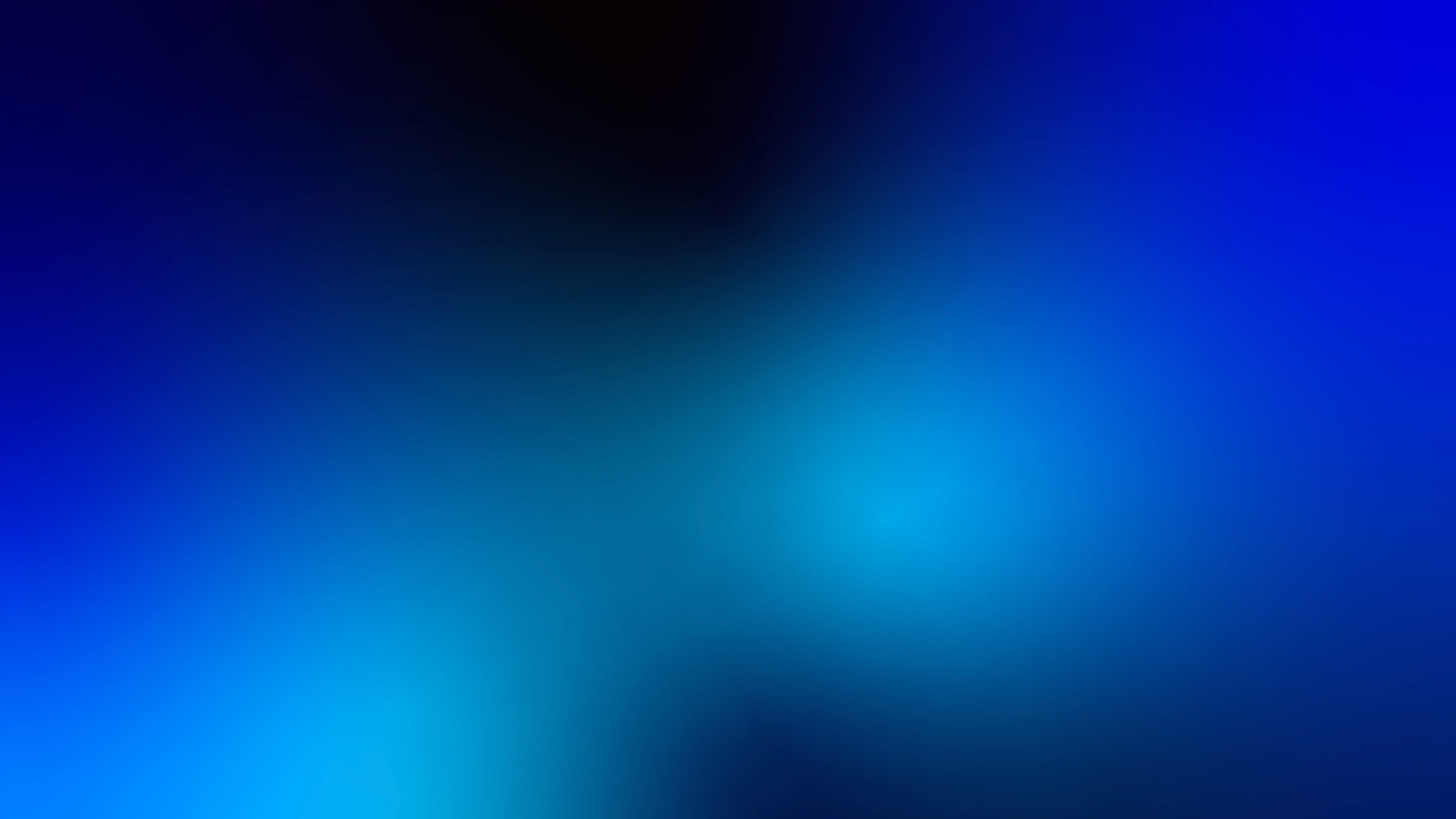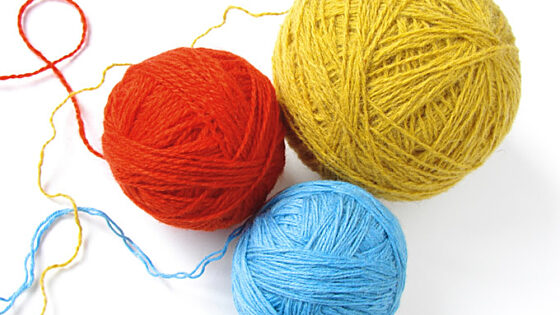Ceramic Colour Standards
As consumers become increasingly discerning, colour and its control has become an important part of the production process in many industries, and accurate measurement is vital to this. Instruments need to perform reliably and the best way to ensure this is to check them with stable standards. Lucideon Colour Standards are internationally recognised as the leading standards for use in colour measurement and calibration.
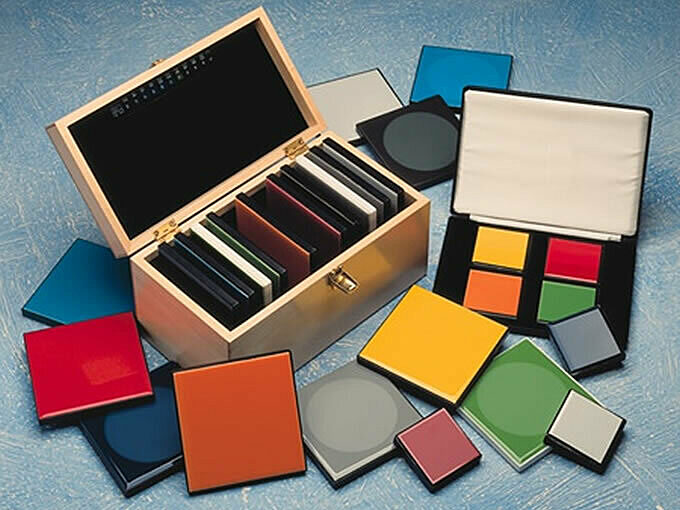
Why use our Colour Standards?
Produced using leading edge ceramic technology, they are stable, durable, non-fluorescent, and easy to use.
- Ideal for use in ISO 9000 Quality Control Procedures, they increase confidence in instrumental colour control
- Providing global acceptance of suppliers' products, they also reduce the cost of producing off-shade products
- They improve coordination between manufacturers
- Our Colour Standards improve colour reproduction between different product sources
- They provide early warning of instrument problems
Range of products - gloss and matt
Basic Range
7 chromatic standards for spectral response, 2 colour difference standards, and 3 neutral grey standards for photo linearity.
Neutral Standards
A range of greys from white to black.
Custom Standards
Made to custom specifications.
Mini Colour Standards
As per the basic range plus a black and a white, the individual pieces of Colour Standard are 10mm x 10mm with the complete set of a comparable size to a credit card (85mm x 55mm x 2mm).
Printing Standards
Robust standards set for the print industry in glossy or matt finishes. The mount which holds the standards has been designed to enable the instrument optics to remain on the same plane as the standards, thus providing easy and accurate measurements every time. Each set consists of 7 chromatic standards for spectral response, 2 colour difference standards, 3 neutral grey standards for photo linearity, and both a black and a white standard.
Reflectance and Colour Data
By accurately measuring how your samples interact with wavelengths across the visible light spectrum, we provide comprehensive data on absorbance, transmittance, reflectance, and chromaticity.
These reflectance values find application in various sectors, including the medical industry, where they play a critical role in glucose and oxygen monitors, amongst others.
Applications of Colour Standards
Many of the world's leading colour instrument manufacturers extensively use and recommend our Colour Standards. They can be used in almost any imaginable application where light and colour are important; they provide a stable reference in the unstable world of colour.
Traditional areas where you can expect to see Colour Standards in use are those involved in textiles, dyes, paints, plastics, ceramics, packaging, and cosmetics. As consumers become increasingly discerning, colour control has become an important part of product development and production control across many industries.
Example applications of Lucideon Colour Standards in industry
Dental Materials – Lucideon Colour Standards are used in the development of an accurate colour control system for assessing the colour of dental resins during the manufacture of teeth and fillings.
Road Safety - Colour limits are imposed on the suppliers of the thermoplastic coatings used in the manufacture of road marking paint. One of our customers uses Lucideon Colour Standards to ensure that the white and yellow paint produced is within these colour limits.
Ceramics - A series of standard colours was needed for the producers of bathroom wares to coordinate the glazes and acrylics used. Manufacturers worked together to develop a range of popular colours which helped to reduce unnecessary competition and duplication of similar colours.
Food - Colour is regarded as a primary process monitoring control tool in this sector as food quality is often based on colour - from the measurement of shades of biscuits and bread to the roasting of cereal for brewing, to the manufacture of tomato paste.
Pharmaceutical - Customers from the pharmaceutical sector use colour instrumental control to monitor the colour change of powders in storage and for diagnostic determination. For example, where the test strips need to be measured for colour change Lucideon has provided ceramic calibration strips.
Accurate measurement is vital for consistency of product, to improve efficiency, and to reduce production costs - Lucideon Colour Standards provide a reliable and stable reference.
Products available
Manufactured from ceramic for stability and durability, Colour Standards are ideal for use in Quality Control Procedures to BS EN ISO 9000. A Calibration Service for our standards under UKAS (United Kingdom Accreditation Service) accreditation is also provided.
Colour Standards Series II (CCSII)
Internationally recognised as the leading set of standards for checking the consistency of operation and accuracy of colour measuring instruments over extended periods, CCSII consists of 12 glazed ceramic tile standards.
3 Neutral Grey Standards - for checking photometric linearity
7 Chromatic Standards - for checking spectral response
2 Colour Difference Standards - providing a direct check on colour difference measurement for repeatability purposes.

To ensure that the standards fit precisely to the aperture of an instrument, production is carefully controlled to preserve a smooth, very slightly convex surface.
The CCSII are available in two sizes - 10cm x 10cm and 5cm x 5cm or can be made to customers' specific specifications.
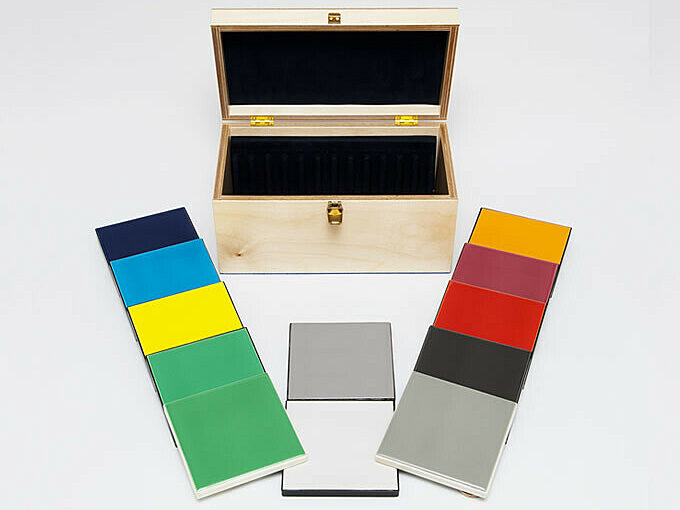
Neutral Standards
We stock a range of greys, starting with White and dropping down to Black. The approximate Reflectance values (0/45) are:
88% (White)
80%, 70%
61% (Pale Grey)
50%, 40%, 34%
25% (Mid Grey)
5% (Deep Grey)
0.5% (Black).
A special opaque Black Glass is also available with Reflectance (0/45 ) of 0%.

The White can be used to check the stability of the standard provided with an instrument, in a Quality Assurance procedure, while the 50% Grey can be used in deriving the correction for sample absorption error in single beam spectrophotometry.
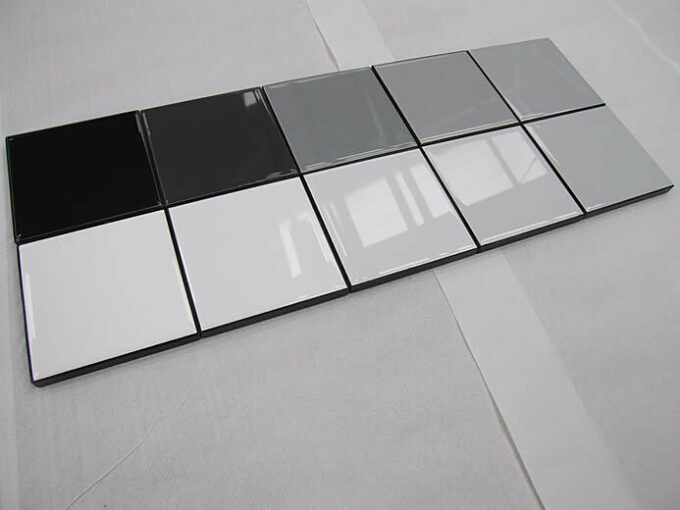
Printing Standards
Robust standards set for the print industry in a choice of finishes: glossy and matt.
The mount which holds the standards has been designed to enable the instrument optics to remain on the same plane as the standards, thus providing easy and accurate measurements every time.
Each set consists of 7 chromatic standards for spectral response, 2 colour difference standards, 3 neutral grey standards for photo linearity, and both a black and a white standard.
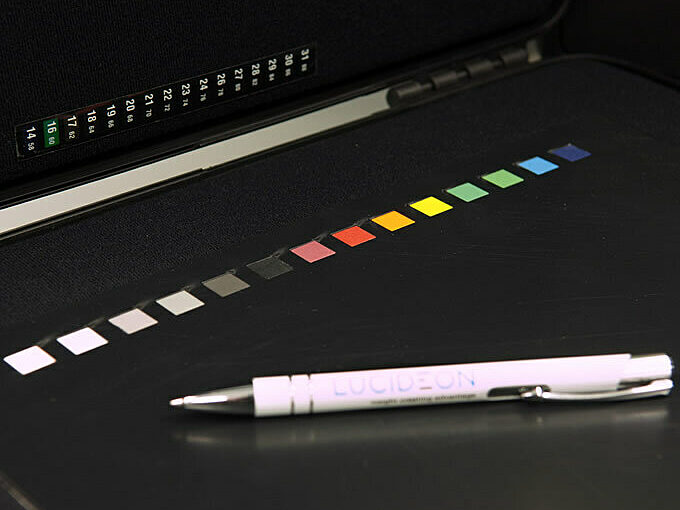
Mini CCSIV Sets
As per the basic range plus a black and a white, the individual pieces of Colour Standard are 10mm x 10mm with the full set of a comparable size to a credit card (85mm x 55mm x 2mm).
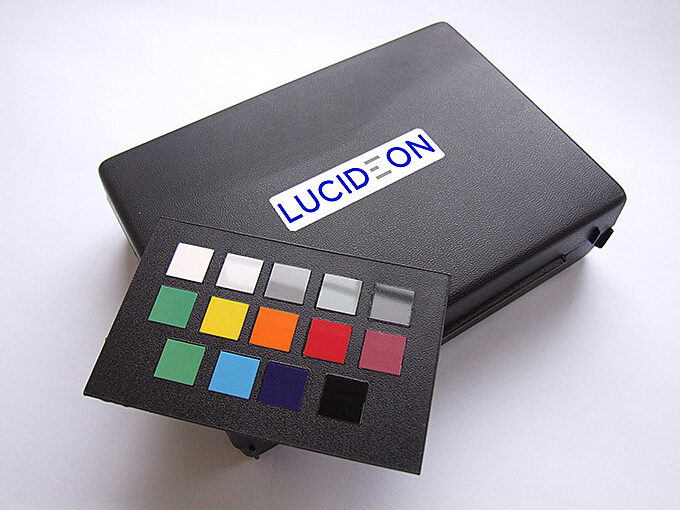
Custom Standards
If you have a requirement for standards to fulfil a specific role in your activities, we can produce colours to order.
Examples of applications are:
- Bathroom colours
- Tomato paste reference for Europe
- Calibration standards for textiles
- Biscuit standard
- Road marking.
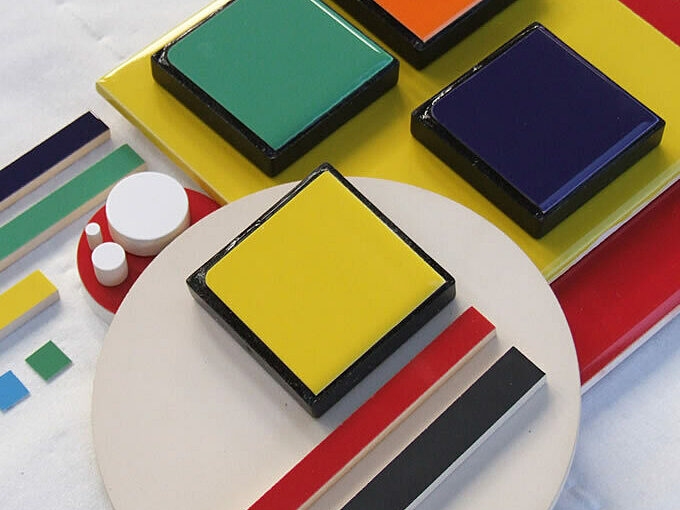
Matt Standards
Our standards are normally supplied with a gloss surface. However, we have a treatment which produces a highly effective and uniform Matt surface. The advantage of this is that both Specular Included and Specular Excluded measurements give the same result, simplifying measurement. The surface remains durable enough to be cleaned if it becomes soiled.
Size and shape
The normal sizes for standards are currently 5cm x 5cm and 10cm x 10cm, however, standards can be made to customers specifications of size and shape.
